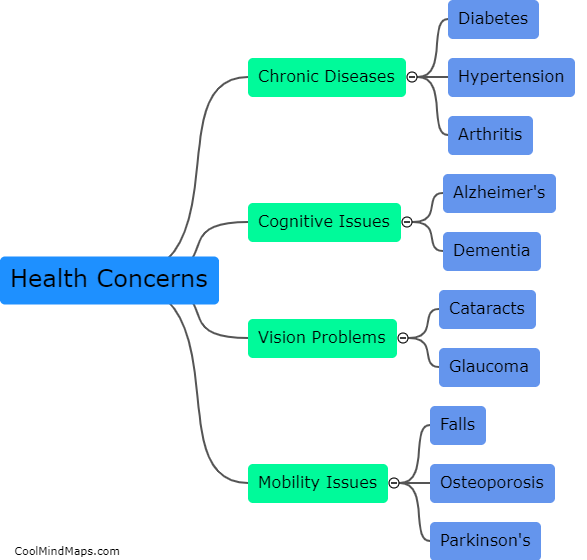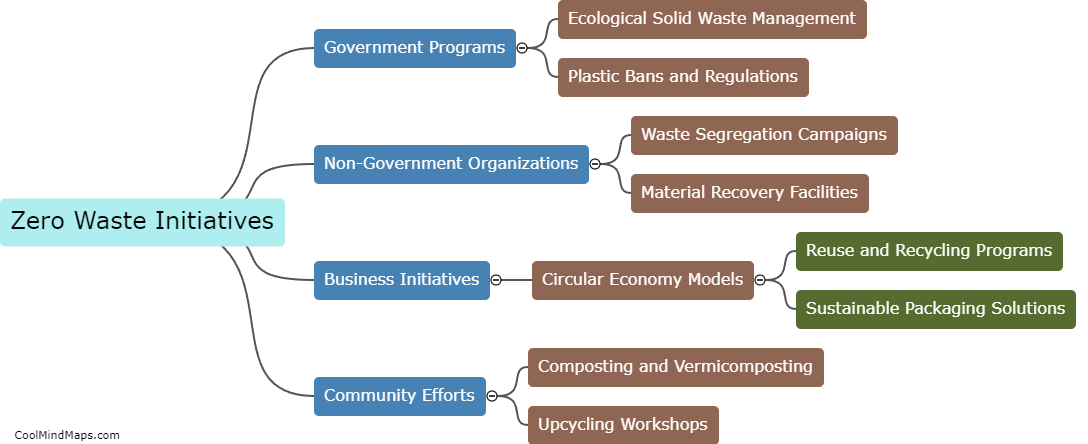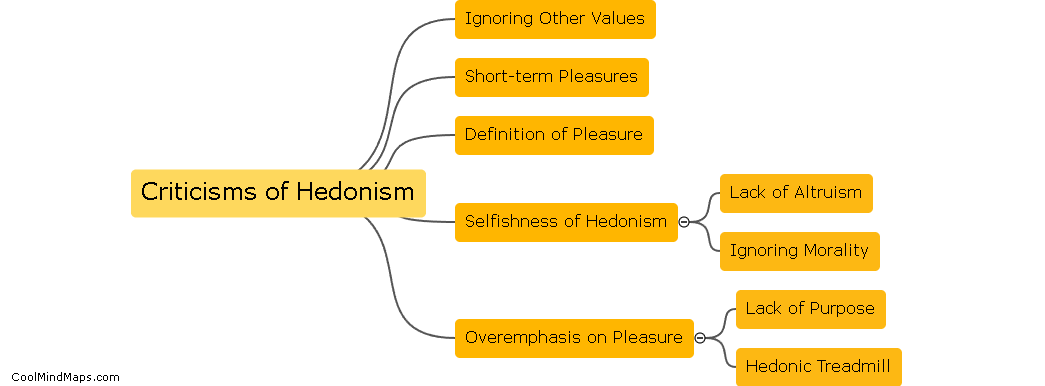What are the branches of meta-ethics?
Meta-ethics is a branch of ethics that focuses on the nature and origins of ethical principles and theories. Within meta-ethics, there are several key branches, including moral realism, anti-realism, cognitivism, non-cognitivism, and moral skepticism. Moral realism asserts that moral truths exist independently of individual beliefs or opinions, while anti-realism denies the existence of objective moral truths. Cognitivism maintains that moral judgments express propositional beliefs that can be true or false, whereas non-cognitivism argues that moral statements do not convey factual information. Moral skepticism questions the possibility of knowing moral truths or the validity of moral reasoning altogether. Each branch offers different perspectives on the nature and validity of ethical principles, contributing to the broader field of meta-ethics.

This mind map was published on 20 September 2024 and has been viewed 42 times.











